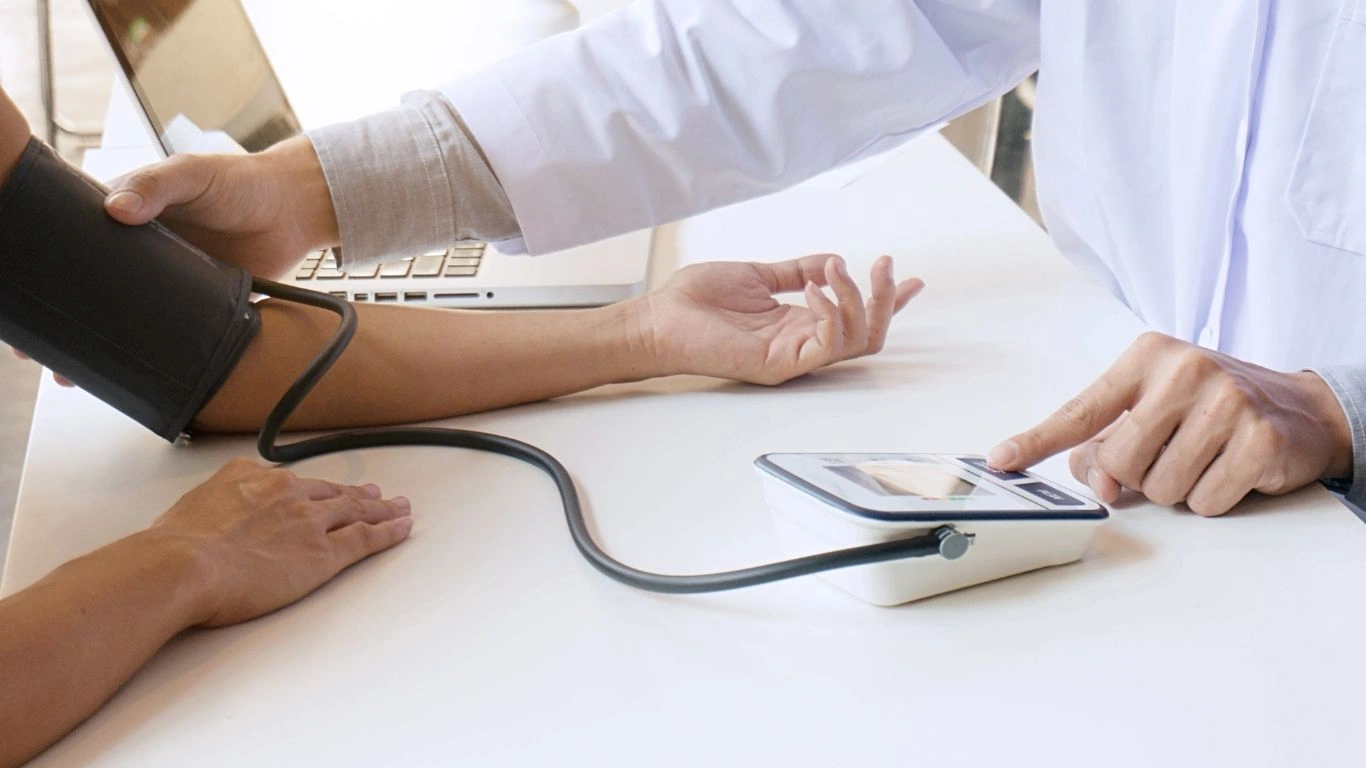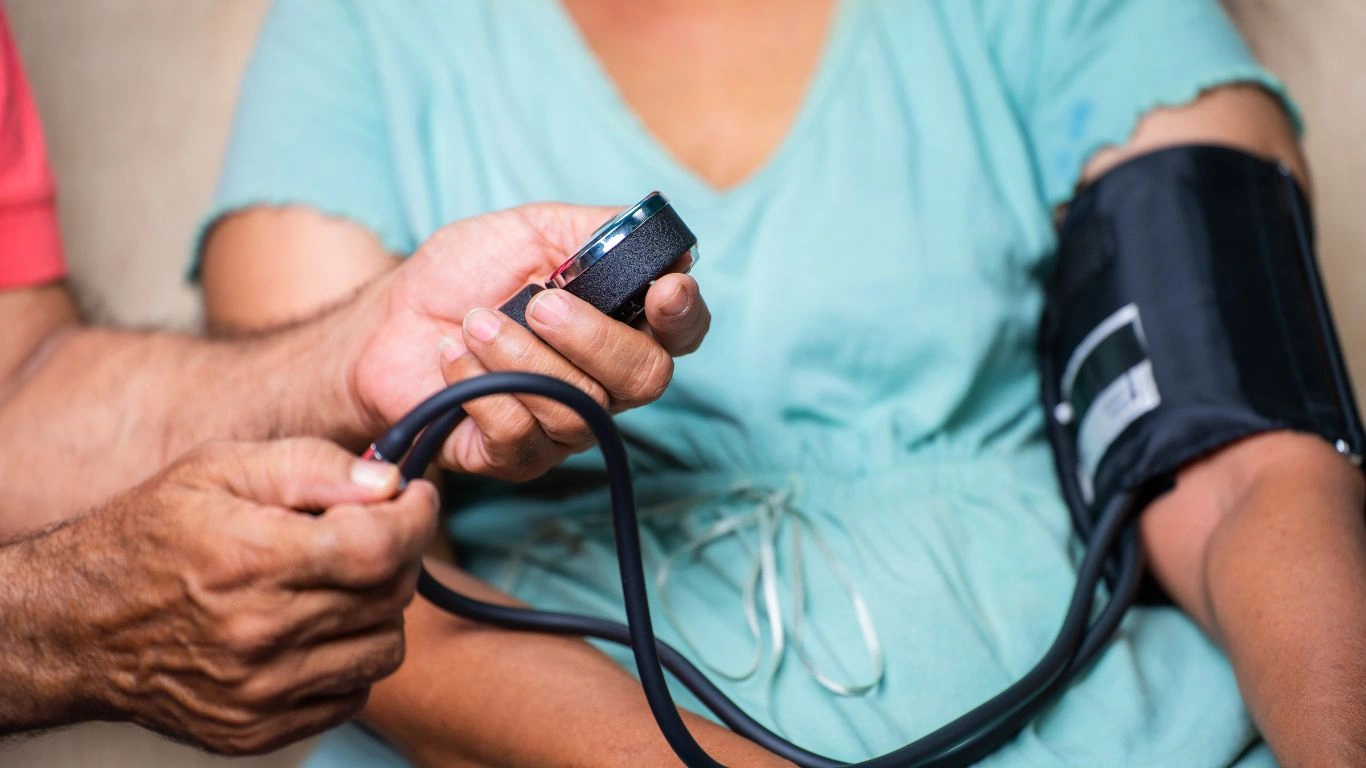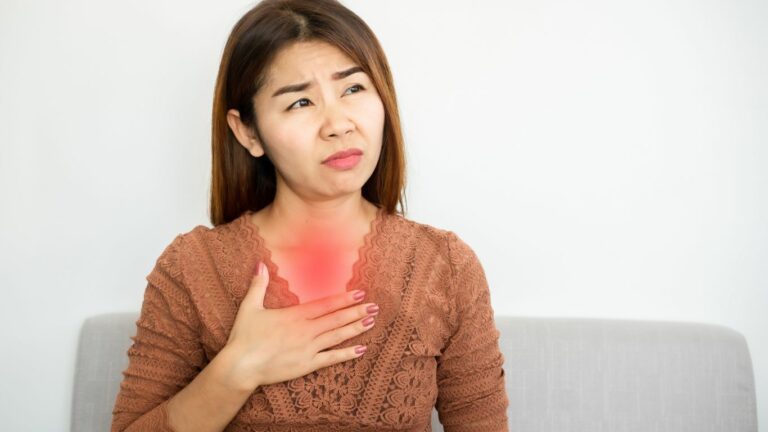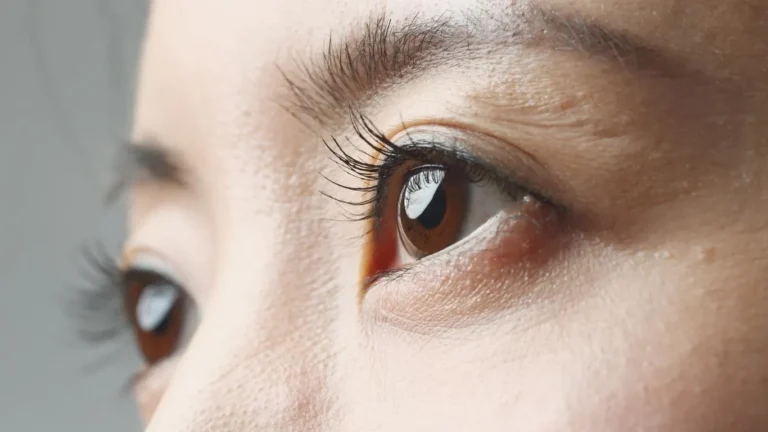How Hypertension Impacts Your Daily Energy: What You Need to Know
Wondering how hypertension affects your daily energy levels? It’s something a lot of people with high blood pressure struggle with, but the good news is you don’t have to just accept fatigue as part of the deal. I’m here to break it down for you—how it happens, why it happens, and what you can do about it.
What is Hypertension, and How Does It Impact Your Energy?
If you’ve ever been diagnosed with high blood pressure (hypertension), you probably already know that it can mess with more than just your heart health. While the most common symptoms are often silent, there are some real energy-zapping effects that might surprise you.
What Happens to Your Body?
When you have hypertension, your heart has to work harder to pump blood through your body. Over time, this constant strain can lead to fatigue, since your body is working overtime to keep things running smoothly. And it’s not just about feeling tired—you’re likely to experience low energy levels throughout the day, even after a full night’s sleep. That’s because your body’s not getting the oxygen and nutrients it needs efficiently.

Hypertension can strain your heart and cause fatigue.
Why Does Hypertension Cause Fatigue?
Fatigue is a pretty common side effect of hypertension, but it’s important to understand why. Here are a few ways high blood pressure affects how you feel day-to-day:
1. Increased Workload on the Heart
Your heart has to beat harder when your blood pressure is high. This means it’s working extra hard just to circulate blood throughout your body. Imagine trying to run a marathon without taking a break. That constant overexertion can leave you feeling wiped out.
2. Reduced Blood Flow to Muscles and Organs
Because of the increased pressure in your blood vessels, blood flow might be restricted to certain parts of your body. That means your muscles and organs may not be getting as much oxygen, leaving you feeling sluggish or fatigued.
3. Medication Side Effects
Some of the medications used to control hypertension, like beta-blockers or diuretics, can also contribute to feelings of tiredness or low energy. If you’re feeling drained after starting a new prescription, it might be worth checking in with your doctor to see if it’s related.
Can Hypertension Be the Cause of Your Fatigue?
It can be easy to dismiss fatigue as just being part of a busy lifestyle, but if you have hypertension, it might actually be at the root of it. A few telltale signs that your fatigue could be linked to hypertension include:
- Persistent Tiredness: No matter how much you sleep, you still feel tired.
- Difficulty with Focus: Struggling to concentrate at work or home might be related to your blood pressure.
- Breathlessness: If you feel short of breath or get winded easily, it could be another symptom of high blood pressure.
If you notice any of these signs, it might be time to talk to your doctor about how hypertension could be affecting your energy levels.
Tips for Managing Hypertension and Boosting Your Energy
Now that you know how hypertension can drain your energy, let’s talk about what you can do to feel better. Managing your blood pressure can help improve your energy levels, and you don’t have to do it alone. Here are some simple steps that can help you manage both your blood pressure and your energy:
1. Stay Active
It sounds counterintuitive, but exercise is actually one of the best things you can do for high blood pressure. Regular physical activity helps your heart become more efficient, which means it doesn’t have to work as hard to pump blood. Even something as simple as a daily walk can make a big difference.
2. Eat a Balanced Diet
A healthy diet that’s rich in fruits, veggies, and whole grains, and low in sodium, can help control your blood pressure. Avoiding processed foods and limiting alcohol can also keep your energy levels from dipping.
3. Get Enough Sleep
Chronic lack of sleep can make your fatigue worse. Make sleep a priority—aim for 7-9 hours per night to give your body time to recover.
4. Take Your Medications as Prescribed
If your doctor has prescribed medication to help control your blood pressure, stick with it. Some people get frustrated with side effects, but finding the right medication and dose can make a huge difference in how you feel.
5. Reduce Stress
Stress is a big contributor to both high blood pressure and fatigue. Practice relaxation techniques like deep breathing, meditation, or yoga to keep your blood pressure in check and your energy up.

Exercise helps improve both blood pressure and energy levels.
What You Can Expect Over Time
Managing hypertension isn’t an overnight fix—it’s more like a lifestyle change. But the good news is, when you actively work on controlling your blood pressure, you’ll likely notice improvements in your energy levels over time.
In fact, many people with hypertension report feeling better and more energetic after making small changes, like adding more movement into their daily routine, reducing stress, or improving their diet. It’s all about consistency.
Conclusion: Stay on Top of Your Blood Pressure, Stay Energized!
Living with hypertension doesn’t mean you have to settle for feeling tired all the time. With the right approach to managing your blood pressure, you can regain control of your energy and feel better day by day. Just remember, it’s about making steady, healthy choices that support your heart—and your overall well-being. Don’t hesitate to chat with your healthcare provider if you’re feeling unusually fatigued—it could be a simple fix!

Managing hypertension with the right strategies leads to more energy and a healthier life.
Appendices
FAQs
- How can I tell if my fatigue is due to hypertension? If you’re feeling tired no matter how much sleep you get, or if you’re also experiencing breathlessness or trouble concentrating, it might be related to your hypertension. Consult your doctor for a proper diagnosis.
- Can medication for hypertension make me more tired? Yes, some medications like beta-blockers can cause tiredness as a side effect. If you think your medication is affecting your energy levels, talk to your doctor about adjusting the dosage or trying something else.
- Does exercise help with both hypertension and fatigue? Yes! Regular physical activity helps lower blood pressure and boost energy levels. Even light exercises like walking or swimming can make a big difference.
- How can I improve my energy while managing hypertension? Focus on a balanced diet, staying active, reducing stress, and getting enough sleep. These lifestyle changes can help improve both your blood pressure and your energy levels.
- Should I be worried if I feel exhausted all the time with hypertension? Persistent fatigue could be a sign that your hypertension is not well-controlled. It’s important to see your doctor to discuss your symptoms and make sure your treatment plan is working.
References
- American Heart Association. (2024). “Understanding Hypertension: A Guide.” Read Article
- National Institute of Health. (2023). “Hypertension and Its Effects on Energy.” Journal of Cardiovascular Health, 45(3), 72-80. Read Article
- Mayo Clinic. (2024). “High Blood Pressure: Causes and Treatment.” Read Article
Disclaimer
The information provided in this article is for educational purposes only and should not be considered medical advice. Always consult with your healthcare provider before making any changes to your diet, exercise routine, or medication.

Dr. Gwenna Aazee is a board-certified Internal Medicine Physician with a special focus on hypertension management, chronic disease prevention, and patient education. With years of experience in both clinical practice and medical writing, she’s passionate about turning evidence-based medicine into accessible, actionable advice. Through her work at Healthusias.com, Dr. Aazee empowers readers to take charge of their health with confidence and clarity. Off the clock, she enjoys deep dives into nutrition research, long walks with her rescue pup, and simplifying medical jargon one article at a time.







